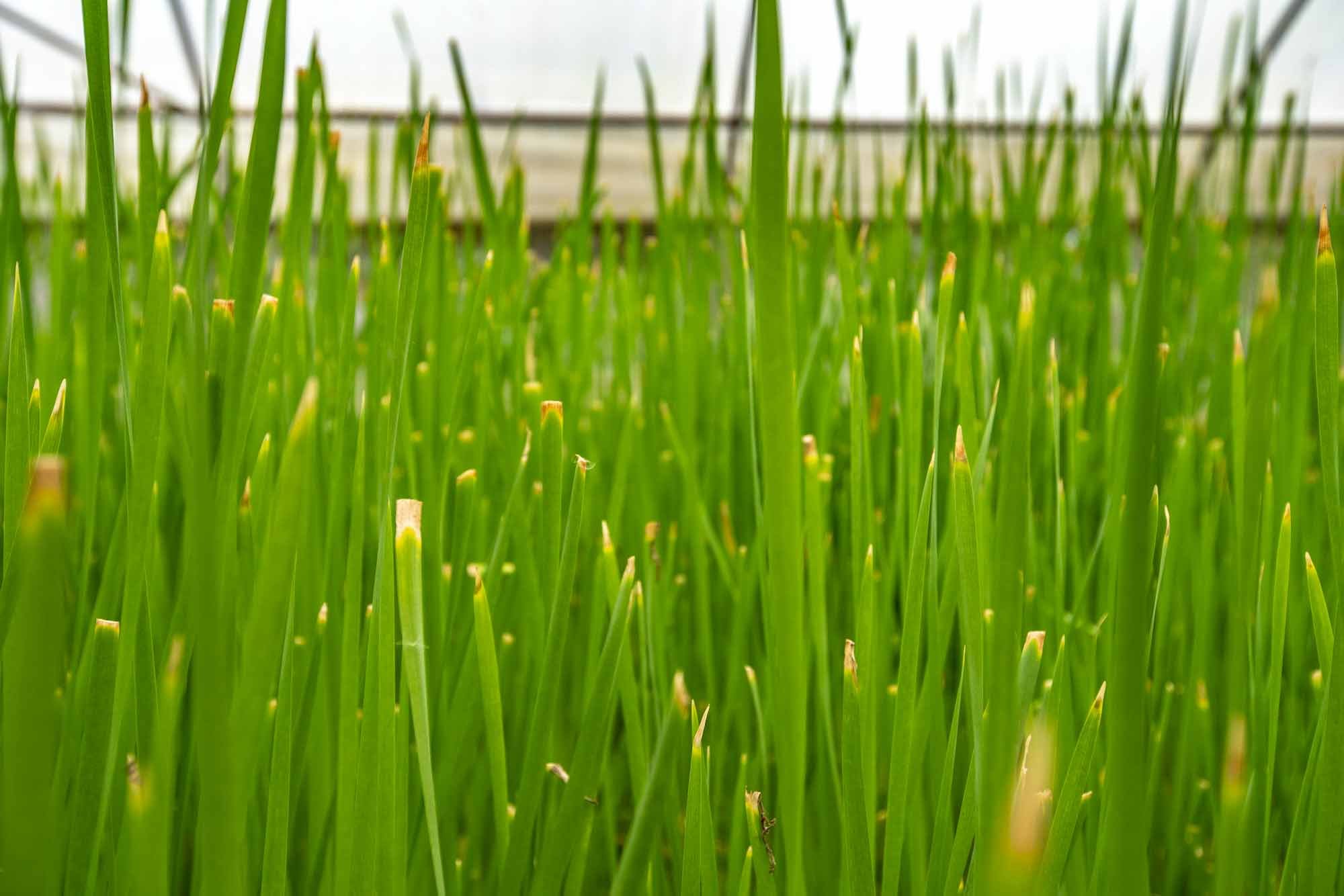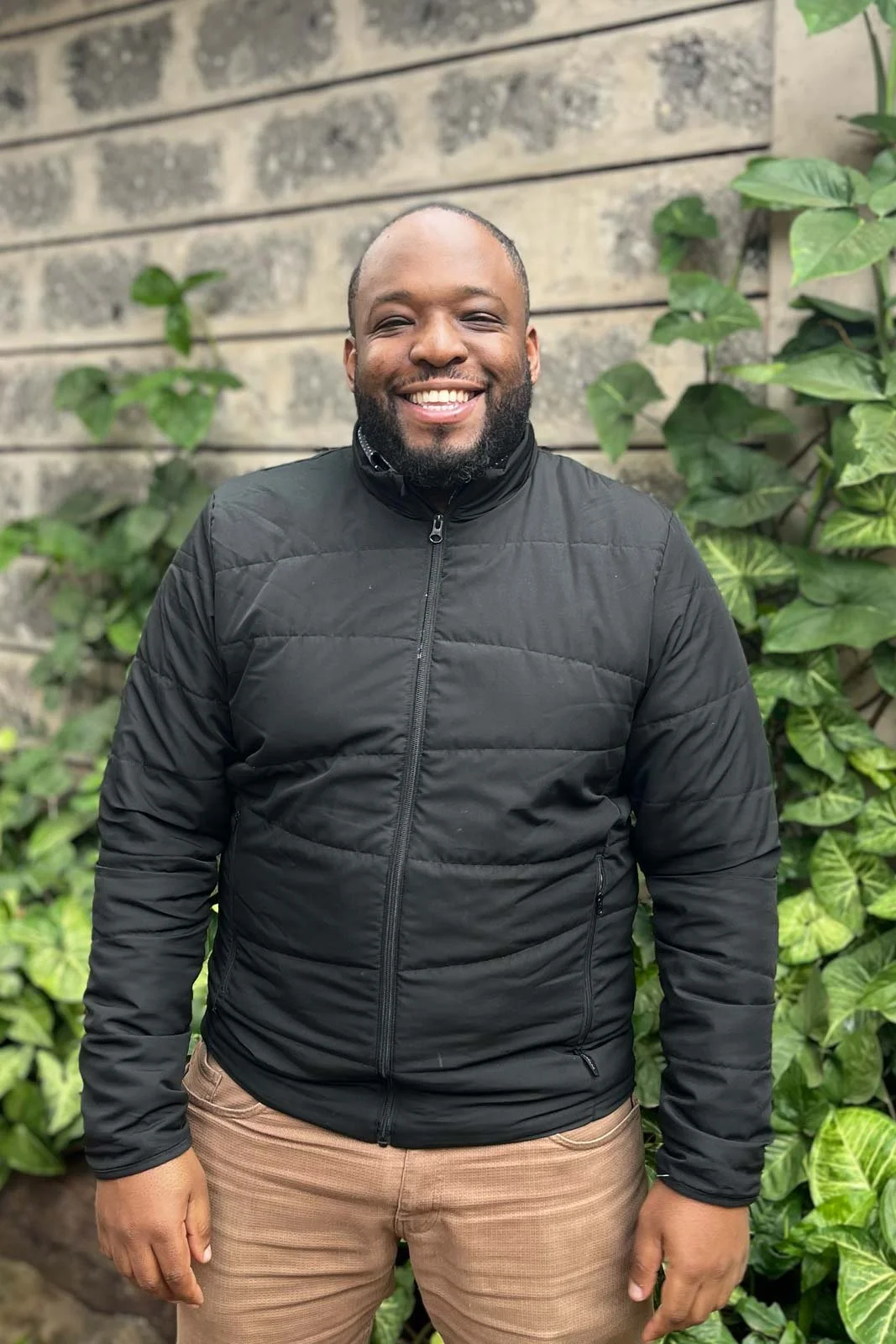
About Us
We are committed to continuous improvement, innovation, and developing solutions that serve others.
Omiflo designs and builds energy and chemical-free wastewater treatment systems that convert waste water to clean water using natural plant-based biotechnology.
Why We Do It
510 million people in sub-Saharan Africa have no access to a sewer connection. The waste remains uncollected and untreated.
Only 11% of city dwellers in Africa have access to a sewer connection. Majority have to seek alternatives.
Most of the untreated waste ends up in open fields, rivers, lakes and oceans with adverse effects on plant and animal life.
Alternatives to municipal sewage connections are prohibitively expensive to build and operate.
WASH-related diseases such as Cholera and Trachoma from waterborne and water-access pathogens continue to afflict millions.
Sustainability
Omiflo's overarching vision entails implementing impactful water system projects throughout the African continent, fostering community access to reliable and safe water sources. While our core offering revolves around wastewater treatment, we continuously innovate our products and services to deliver cutting-edge solutions to our clients.
Our mission is to transform the perception of wastewater from a cumbersome and costly endeavour that pollutes the environment into a resource that generates economic, social, and environmental value, creating aesthetically pleasing environments and mitigating climate change effects.
Our Vision Statement
We envision a world where innovative, nature-based solutions transform wastewater management, ensuring universal access to clean water and fostering thriving, resilient communities in harmony with the environment.
Pioneer sustainable water treatment technologies
Empower communities to manage their water resources effectively
Protect and restore ecosystems
Drive economic growth through resource recovery and circular economy principles
Our Partners
Our Team
We have a dedicated team of architects, project managers, landscapers, civil and biotech-engineers, and biologists, either directly or through partnerships and SPVs.



















